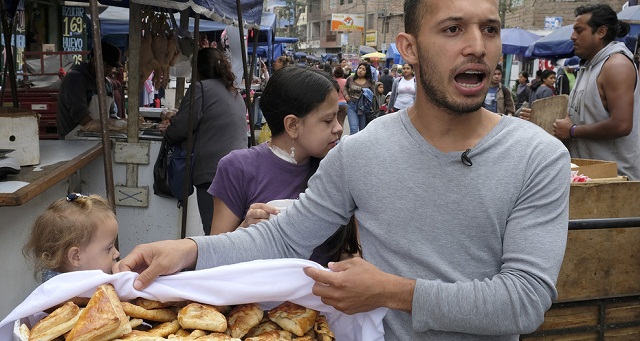
But if the compact is not legally binding, can it really make a difference?
It’s not binding, but the UN General Assembly will adopt the global compact. “Once that’s done, it demonstrates a very strong political commitment of all 193 Member States to implement it, even if it’s not legally binding”, Türk said, noting that “in today’s world, that’s how multilateralism is often done”.
Who’s going to fund all this?
The global compact embeds the response in a much broader partnerships approach. It looks at what the private sector, faith communities and international financial institution can bring to the table.
The World Bank has established a specific financial instrument for low-income countries affected by forced displacement – $2 billion for a couple of years – to help address the socio-economic impact of refugee flows into a part of a country.
****
SOURCE: UN Website
 The Independent Uganda: You get the Truth we Pay the Price
The Independent Uganda: You get the Truth we Pay the Price



